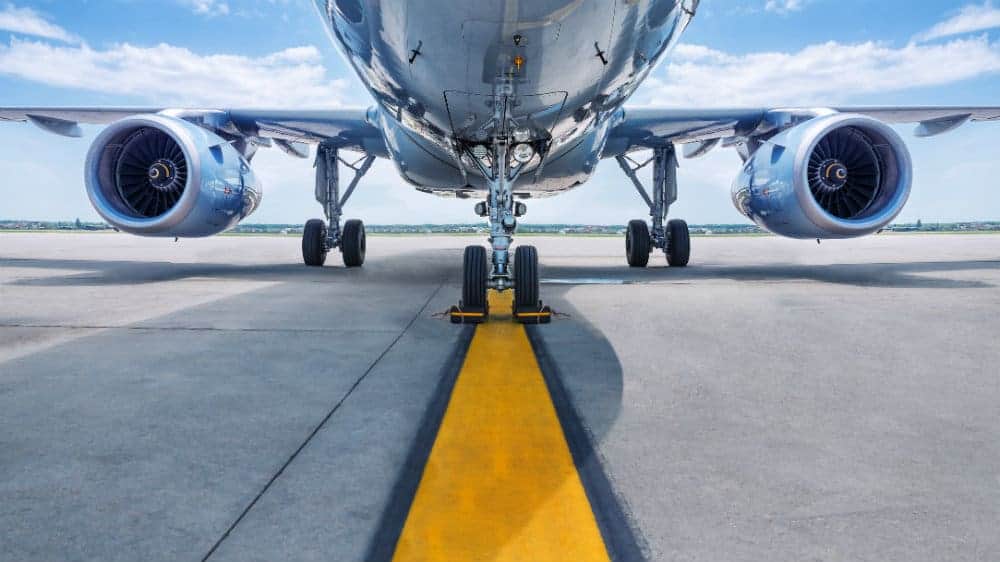Share this page:
The UK has recently tightened its travel rules as a result of the emergence of the Covid-19 Omicron variant. So, what exactly are the new rules for travel and how could they affect your travel plans?
What are the new travel rules?
So far, nine cases of the Omicron variant have been identified in the UK, with six of those being in Scotland. There is concern that the number could rise in the coming days.
As a result, the government has implemented new measures aimed at slowing the spread of the new variant.
So, what are these new travel measures?
To begin with, 10 countries from Southern Africa have been added to the red list. These countries are: South Africa, Botswana, Lesotho, Zimbabwe, Eswatini (formerly Swaziland), Namibia, Malawi, Mozambique, Zambia and Angola.
From 4am on Sunday 28 November, anyone arriving in the UK from these countries must quarantine in a government-approved hotel for 10 days, at a cost of around £2,285 per person.
This cost includes transport to and from the hotel, accommodation, Covid-19 tests and food and drink. Anyone found flouting the rules faces a £10,000 fine.
If you arrived in the UK from these countries before 4am on Sunday, you will need to quarantine at home for 10 days.
What about testing?
Anyone who enters the UK from 4am on Tuesday 30 November from abroad must take a PCR test by the end of the second day after arrival. They will be required to self-isolate until they get a negative result.
Previously, fully vaccinated travellers could take a rapid lateral flow test. At around £75 per person (compared to £30 per person for lateral flow tests), PCR tests can significantly increase travel costs.
Will other countries be added to the red list?
Several other countries across the world have recorded cases of the Omicron variant, so it’s possible.
On the prospect of adding more countries to the red list, Health Secretary Sajid David stated on Friday, “We are keeping this under review and there are very live discussions going on about whether we should and when we might add further countries, and we won’t hesitate to act if we need to do so.“
If you’re planning foreign travel but have not yet made a booking, it may be best to hold off for the time being to see how the situation develops.
What are your rights if your travel plans are cancelled?
If you had already booked to travel to any of the countries on the red list, you should contact your tour operator or airline for an update.
If your airline cancels your flight, you are entitled to a refund within seven days (though it could be longer, especially if the airline is grappling with a high number of refund requests). You may also be offered rebooking or a voucher as an alternative, but you do not have to accept it.
You may not, however, be entitled to a refund if the flight goes ahead but you choose not to go. In this case, the best course of action is to contact your airline or operator to find out your options. It’s possible that you’ll be able to rebook for a later date. Alternatively, you may be given a travel voucher that you can redeem later.
If you’ve booked a package holiday and it is cancelled, you are entitled to a full refund within 14 days under the Package Travel Regulations. Again, it could take longer depending on how many refunds your travel company has to process.
What if you are having difficulties getting a refund?
If you are having trouble getting a refund for a cancelled trip, there are other options you can try. Note, however, that there are no guarantees.
First, if you have travel insurance and it covers cancellations caused by Covid, you may be able to claim your money back. Most insurers will insist that you first try to get a refund from the provider before going to them.
If you booked your holiday using a credit card, you can also try to get your money back from the provider through a chargeback or a Section 75 claim. Again, there are no guarantees, but it may be worth a shot if all else fails.
Looking for a top-notch travel credit card?
Some credit cards can charge foreign transaction fees of up to 3%. To help you sidestep those charges while travelling, we’ve assembled our top-rated travel credit cards that don’t charge you any extra fees when spending abroad.
Was this article helpful?
YesNo
About the author
Sean is a personal finance writer with a strong passion for helping others become more financially literate and make better financial decisions. He covers everything from credit cards to savings to investing.
Share this page:
Some offers on The Motley Fool UK site are from our partners — it’s how we make money and keep this site going. But does that impact our ratings? Nope. Our commitment is to you. If a product isn’t any good, our rating will reflect that, or we won’t list it at all. Also, while we aim to feature the best products available, we do not review every product on the market. Learn more here. The statements above are The Motley Fool’s alone and have not been provided or endorsed by bank advertisers. John Mackey, CEO of Whole Foods Market, an Amazon subsidiary, is a member of The Motley Fool’s board of directors. The Motley Fool UK has recommended Barclays, Hargreaves Lansdown, HSBC Holdings, Lloyds Banking Group, Mastercard, and Tesco.
This post was originally published on Motley Fool







